High-level commission submits roadmap to revitalize Nepal’s economy
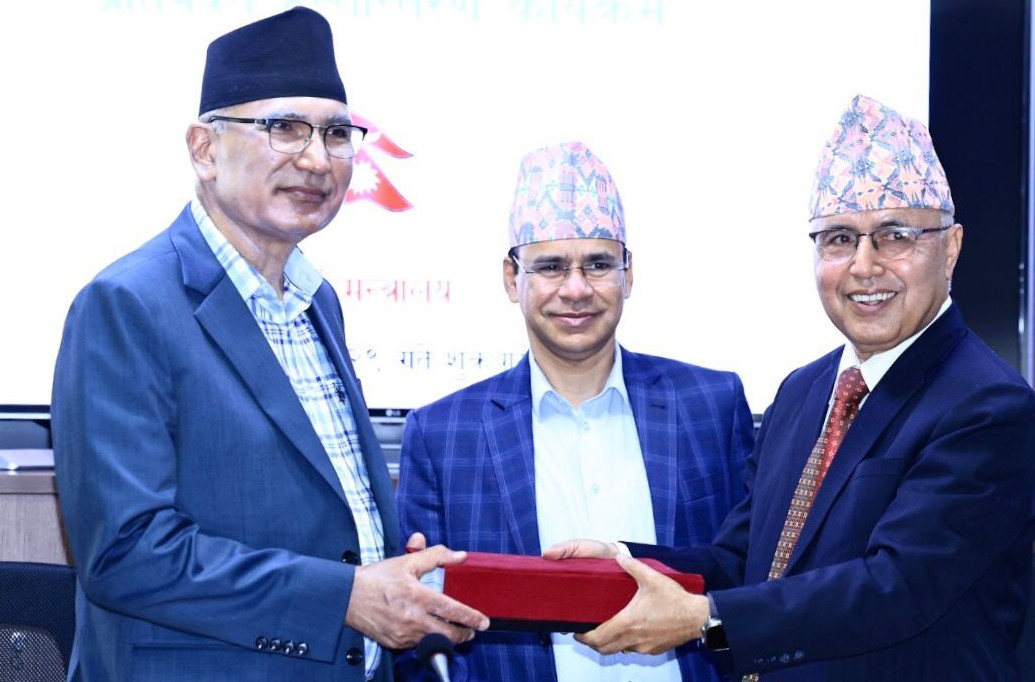
KATHMANDU: In a significant step toward addressing Nepal’s economic challenges, the High-Level Economic Reform Advisory Commission has presented a comprehensive report to the government, outlining strategies to foster a conducive investment climate and reduce production costs. Handed over to Finance Minister Bishnu Paudel by former Finance Secretary Rameshwor Khanal, the report identifies critical barriers to growth and proposes bold reforms to reinvigorate the nation’s economy.
During the submission, Khanal highlighted a confluence of issues stifling economic opportunities, including weakened overall demand, declining investment, sluggish credit expansion, a contracting real estate market, and broader economic malaise. “These factors have collectively suppressed growth,” he said, emphasizing the urgent need for government intervention. Drawing on data analyzed since FY 2078/79 (2021/22), the report attributes Nepal’s slow economic growth to persistently low demand.
The commission’s findings paint a detailed picture of the economy’s struggles. Key issues include limited credit growth, a downturn in real estate transactions, millions of citizens’ savings trapped in the cooperative financial system, delayed government payments, challenges in recovering trade credit, and a crisis-ridden construction sector. These have led to reduced consumption and investment, further deepening the economic slowdown. Khanal stressed that achieving targeted growth requires structural reforms on the supply side to create an investment-friendly environment and lower production costs to boost competitiveness.
Finance Minister Paudel, receiving the report, expressed optimism about its potential to guide Nepal out of its economic rut. “This report is a valuable tool for tackling the challenges facing our economy,” he said. “We will study it carefully and implement its recommendations in a phased manner.” He underscored the report’s role in pinpointing problems and offering actionable solutions, reaffirming the government’s commitment to driving meaningful change.
The report advocates a shift away from control-based systems, which it argues stifle opportunities, toward trust-based laws, methods, and processes. This philosophical pivot underpins the commission’s vision for a dynamic economy where policies encourage opportunity creation and ensure equitable access. To this end, it proposes repealing over a dozen outdated laws, amending another dozen, and introducing new legislation to foster economic freedom and build trust among stakeholders.
Formed last Ashoj (October 2024) under Khanal’s leadership, the commission comprises experts including National Planning Commission member Prakash Kumar Shrestha, Tribhuvan University’s Economics Department Head Ram Prasad Gyawali, economist Bishwas Gauchan, and Policy Research Institute senior researcher Kalpana Khanal. Tasked by the government to deliver actionable recommendations, the commission began its work in early Kartik 2081 (October 2024) and previously submitted an interim report on 24 Poush 2081 (January 2025) addressing urgent priorities.
The report is guided by six core principles: ending economic stagnation, creating opportunities, building trust-based systems, ensuring sustainable use of natural resources, developing a borderless economy, and promoting macroeconomic stability while boosting growth. These tenets shape its recommendations, which aim to dismantle structural barriers and expand access to economic opportunities for all.
Sector-specific reforms target agriculture, forestry, land, mining, water resources, tourism, and information technology, where the commission identifies opportunities for growth by removing obstacles. It also calls for investments in physical infrastructure, urban development, energy security, education, skill development, health, and research to create a robust foundation for economic expansion.
Recognizing Nepal’s geopolitical constraints, the commission urges innovative approaches to tap into global economic benefits, advocating for a “borderless economy” driven by strong political will. It endorses recommendations from related bodies, such as the High-Level Public Expenditure Review Commission and High-Level Tax Reform Committee, on public spending and revenue policies, deeming them sufficient for implementation. The report also supports ongoing reform strategies by government agencies showing results, encouraging all entities to integrate reform plans into routine operations.
The commission acknowledges that its six-month timeline limited in-depth study of some issues, which were excluded from the report. However, its proposals reflect a forward-looking approach, emphasizing institutional credibility and capacity as prerequisites for effective economic policies. Public entities, it argues, must enhance trust and efficiency to ensure sectoral reforms succeed.
The report’s emphasis on trust and opportunity resonates with broader economic discourse in Nepal, where recent data from Nepal Rastra Bank shows a 5 percent growth in the last quarter but persistent investor caution. By addressing structural inefficiencies and fostering a competitive environment, the commission’s recommendations align with calls from leaders like FNCCI President Chandra Prasad Dhakal for an empowered private sector.
As the government prepares to act on these suggestions, stakeholders are hopeful that the report will mark a turning point. “This is a clarion call for systemic change,” said an economist familiar with the report. “If implemented, it could unlock Nepal’s economic potential and create opportunities for millions.” With Finance Minister Paudel’s commitment to phased implementation, the nation stands at a critical juncture, poised to transform challenges into pathways for prosperity.









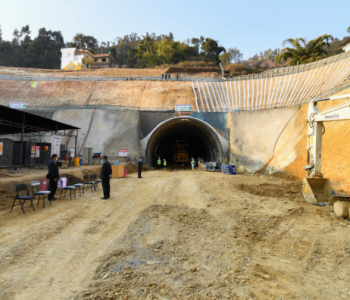
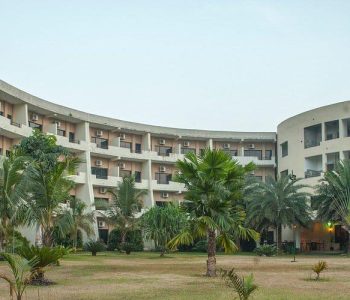
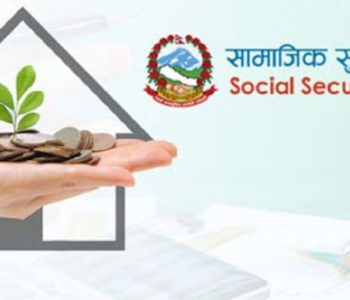
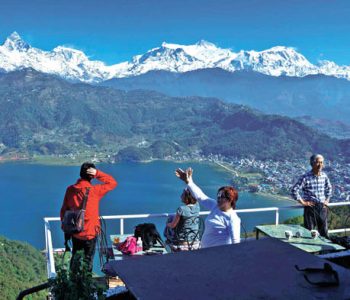
Facebook Comment